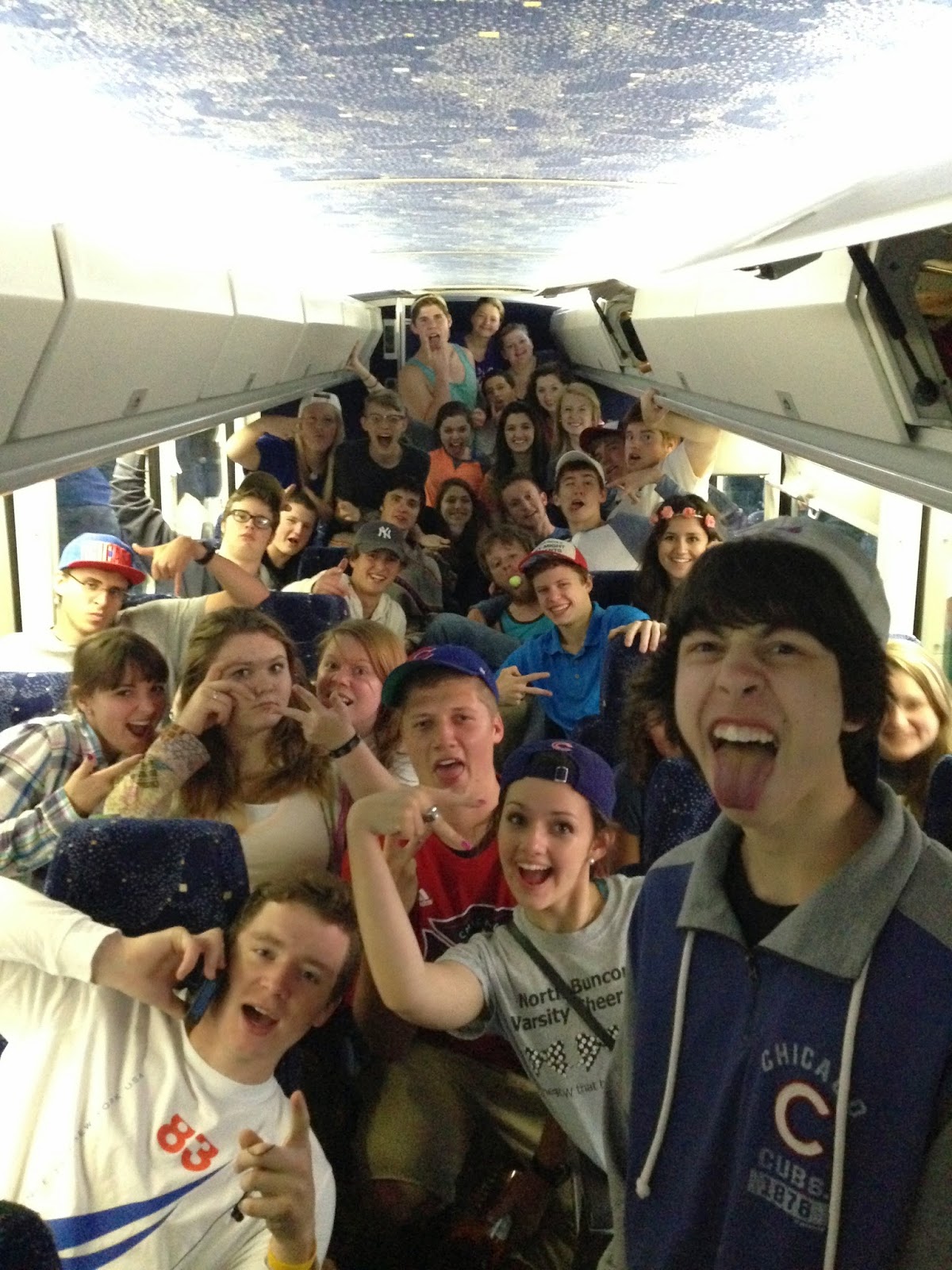 I am a big believer that the future is always bigger than the past. So, sometimes I hesitate to engage in straight up nostalgia. I mean, I LOVE musing on historical themes - and the role that our past plays in shaping who we are...I have actually made a career out of it.
I am a big believer that the future is always bigger than the past. So, sometimes I hesitate to engage in straight up nostalgia. I mean, I LOVE musing on historical themes - and the role that our past plays in shaping who we are...I have actually made a career out of it. But I try not to let the past bog me down. I most want our histories to light a fire of inspiration for each of us - so that we can use it to shape our future, ya know? I try to bring this ethos to my classroom everyday. And it is not hard, when working with teenagers. They have an incredible ability to focus on the now and the next - it is inspiring.
But sometimes the past is the very thing that can help us be in the moment, and look forward to the next...
As I have written before, music was my gateway to the study of history. And I still engage with music more than any other art medium. But lately I have had some serious nostalgia for vinyl records. Growing up, my brother and I spent countless hours in his room listening to records, and studying the covers and liner notes. And I do mean studying. Listening to records was my introduction into a new world, where one's influences, photography, and spirit played the pivotal roles. Over time, it transformed me, instilling a curiosity in me for music, history, and art that has yet to be dampened.
We listened to lots of cassettes as well, but still preferred records for the album art. But as CDs came into the mainstream - we (like everyone else) switched over, as it sounded better, was more efficient, and we still got the cool album art (that was much larger than a cassette). From there, it was a short jump to Itunes and mp3s, where I now buy all of my music with a touch of my finger, on an iphone.
Technology has made the acquisition of music more efficient and accessible - but has it made it more meaningful?
Can we find more meaning, by increasing the effort and engagement with the art?
In an effort to find out, we bought a Crosley record player, and it has been amazing.
I returned my parents' house, rummaged through my old closet - and brought back the primary sources of my youthful inspiration: numerous records by KISS, Fleetwood Mac, Van Halen, and Led Zeppelin. You know, music from the past - recorded using a passed technology.
And I have learned that I missed the records. I missed the art. I missed the physical feeling of delicately placing the needle on the vinyl.
I am remembering (and my kids are learning) that music is not only a listening experience, but an experience with art, reading, history, and feeling. And like teaching, it is all about engagement. We have to care. And, with help from my record-playing past, my relationship to these songs is more meaningful. I care more.
By returning to the past, it is pushing me forward.

.JPG)



















.png)

.JPG)

.JPG)




.JPG)





.JPG)